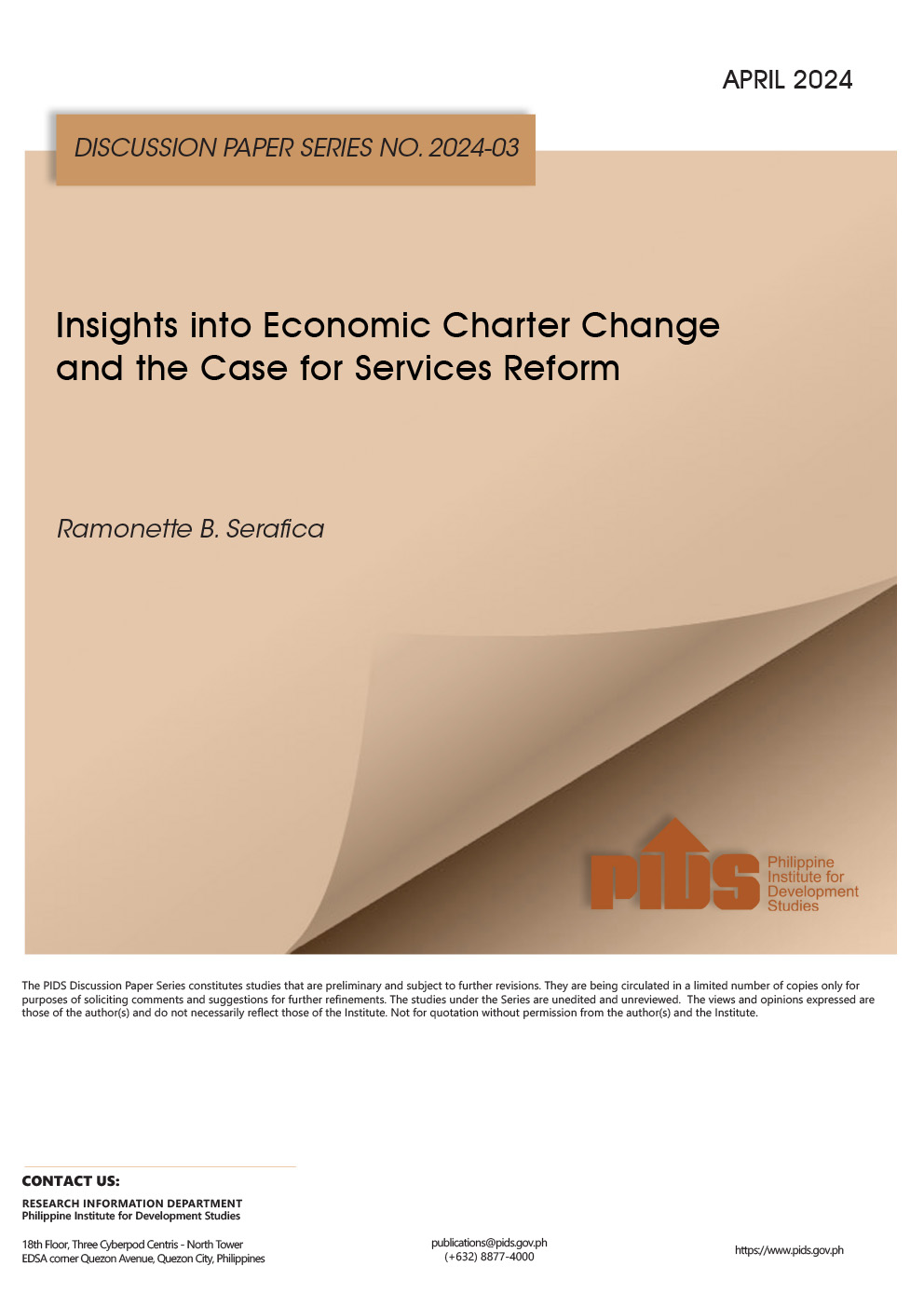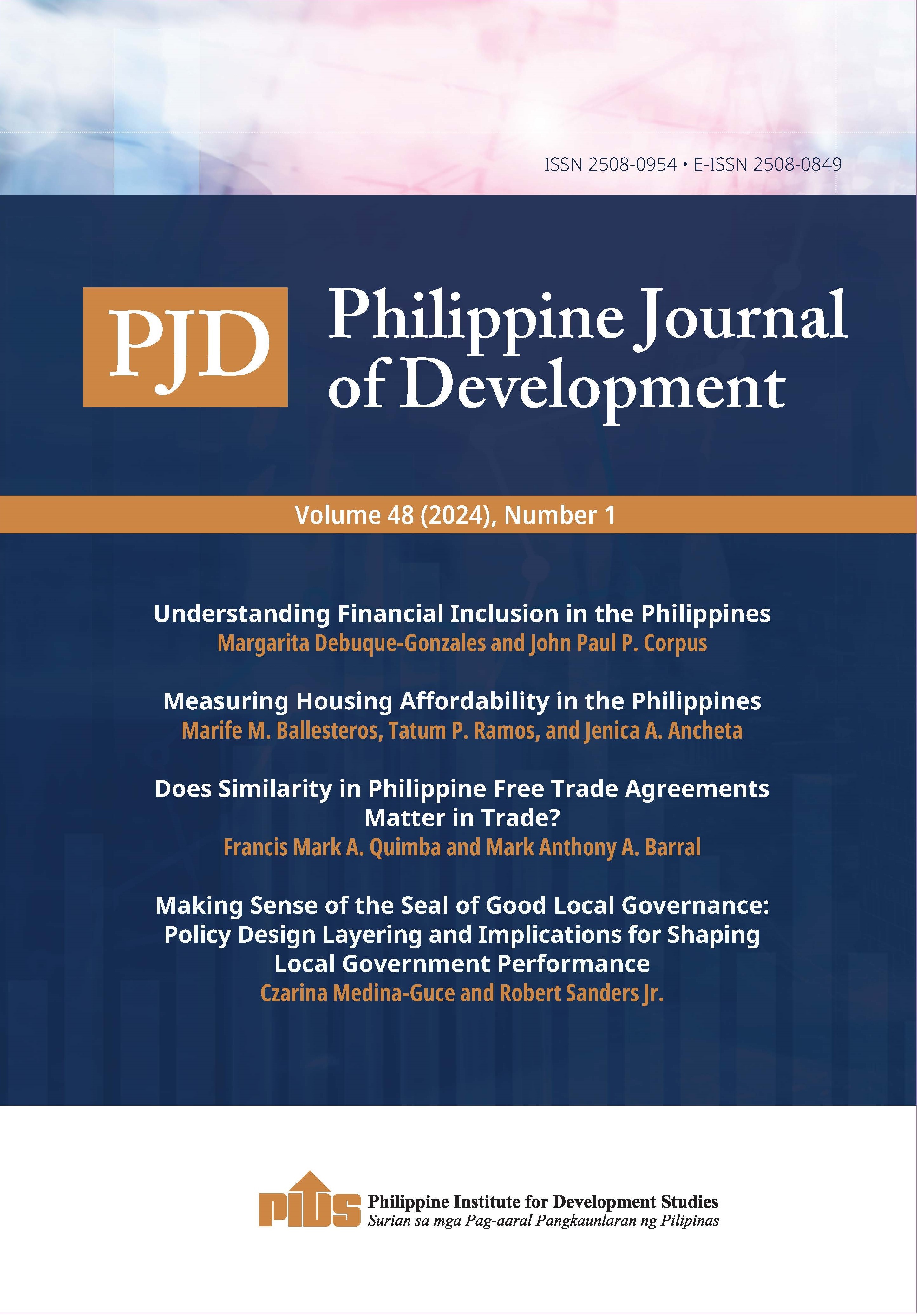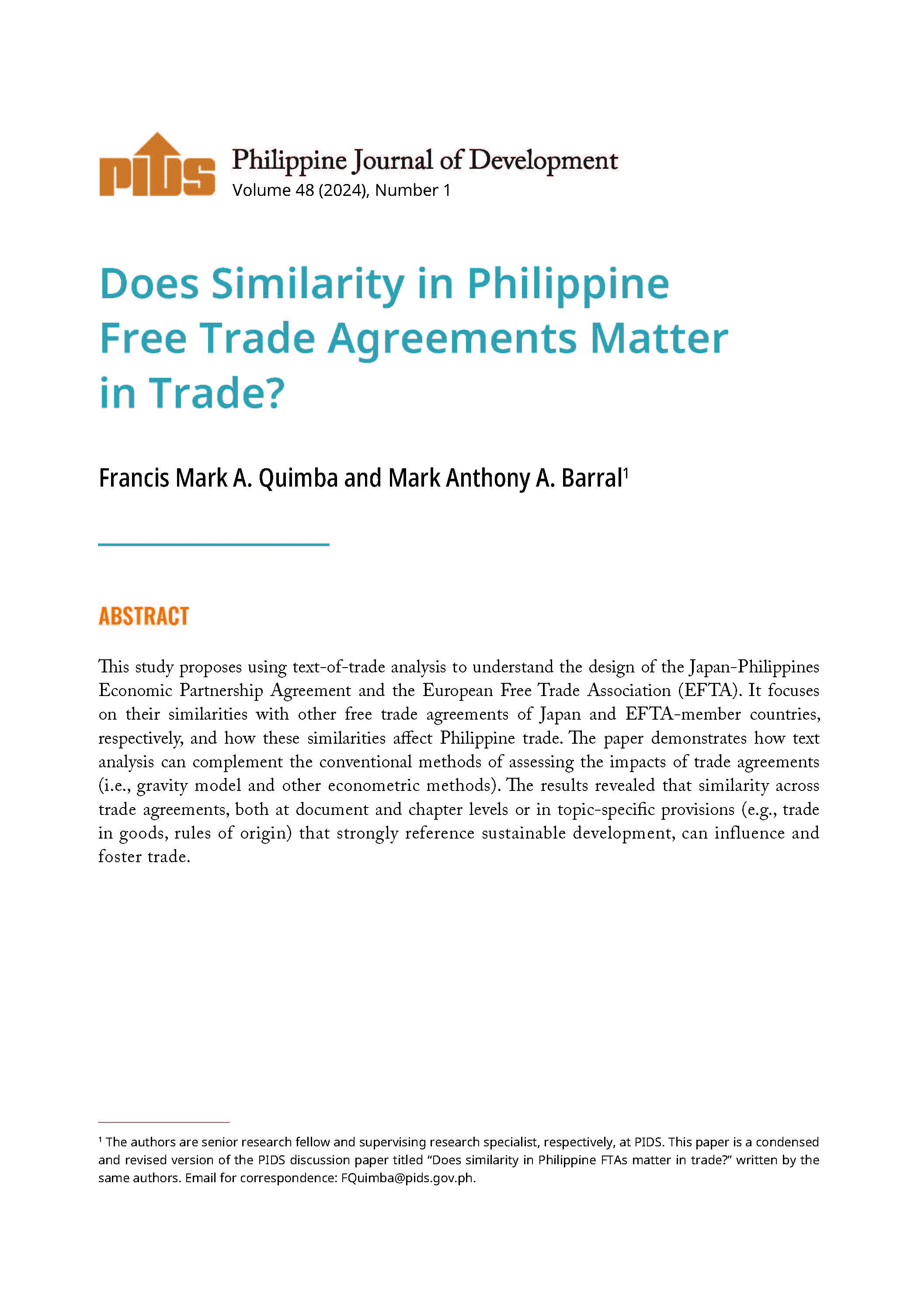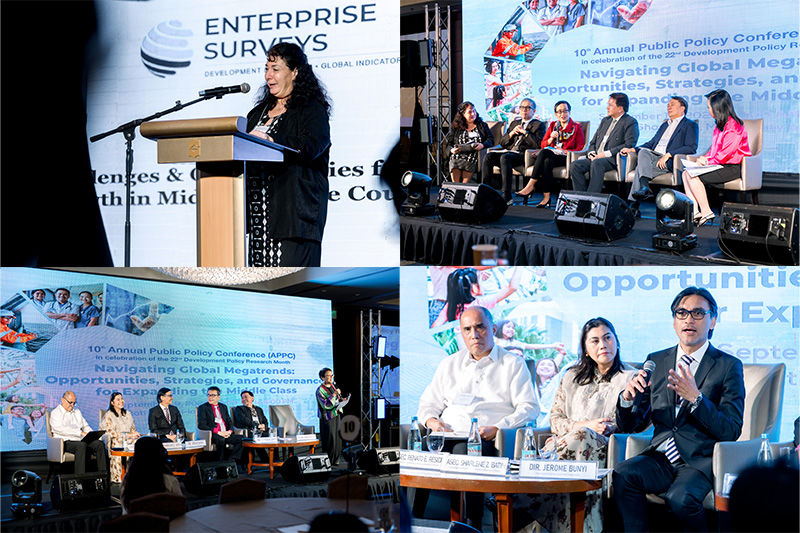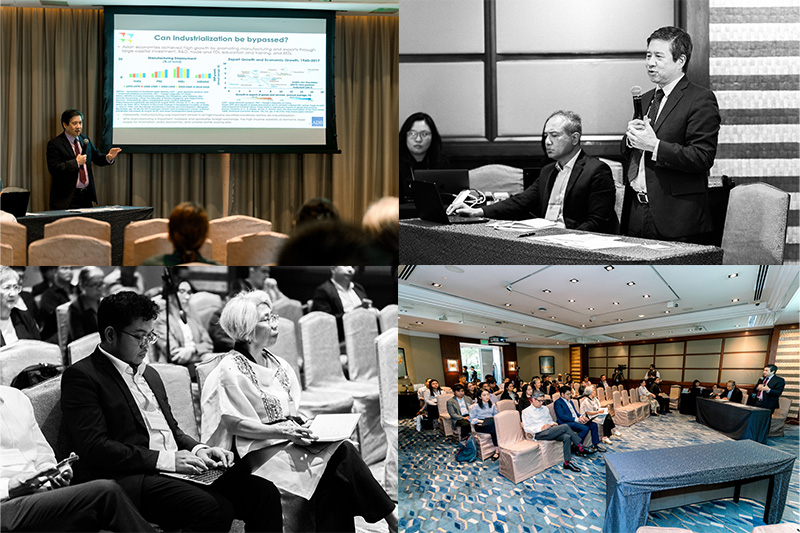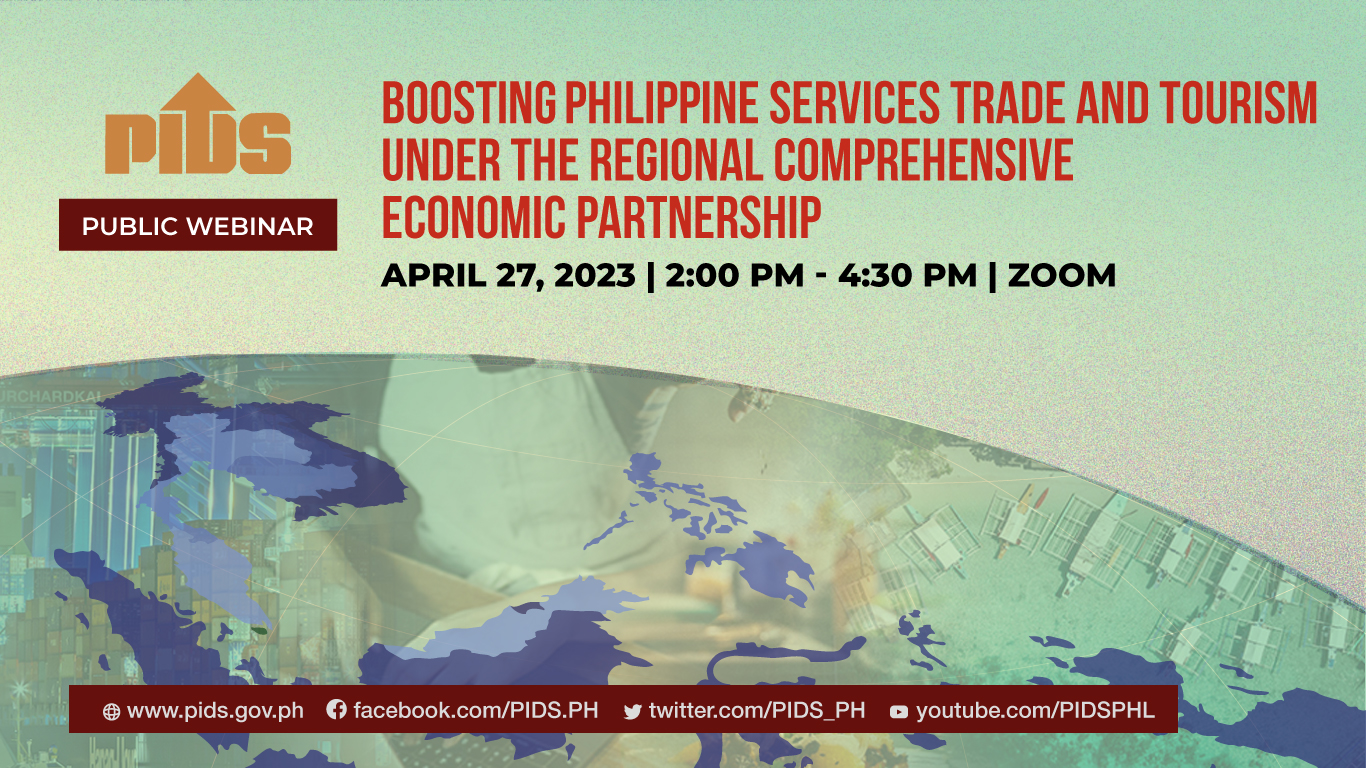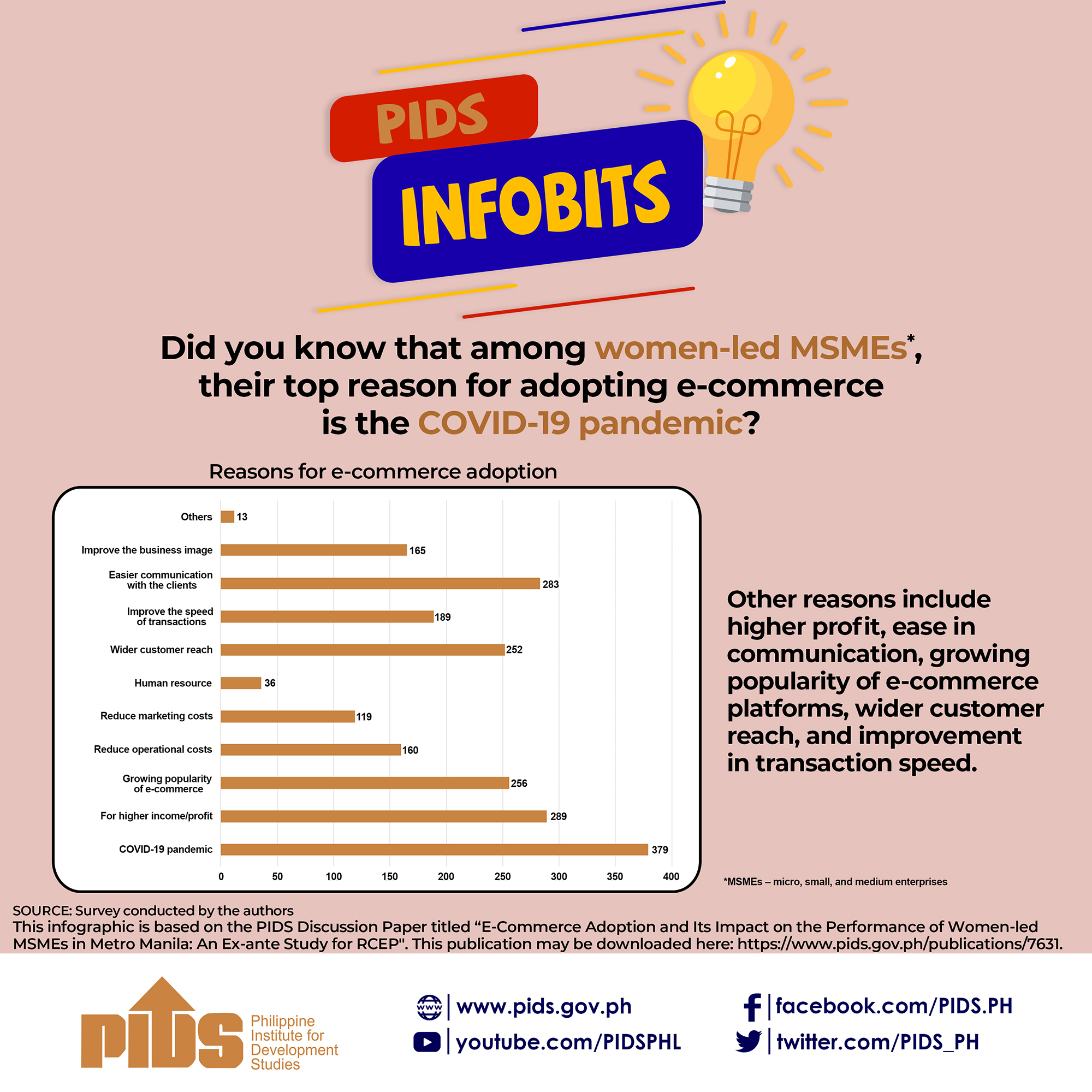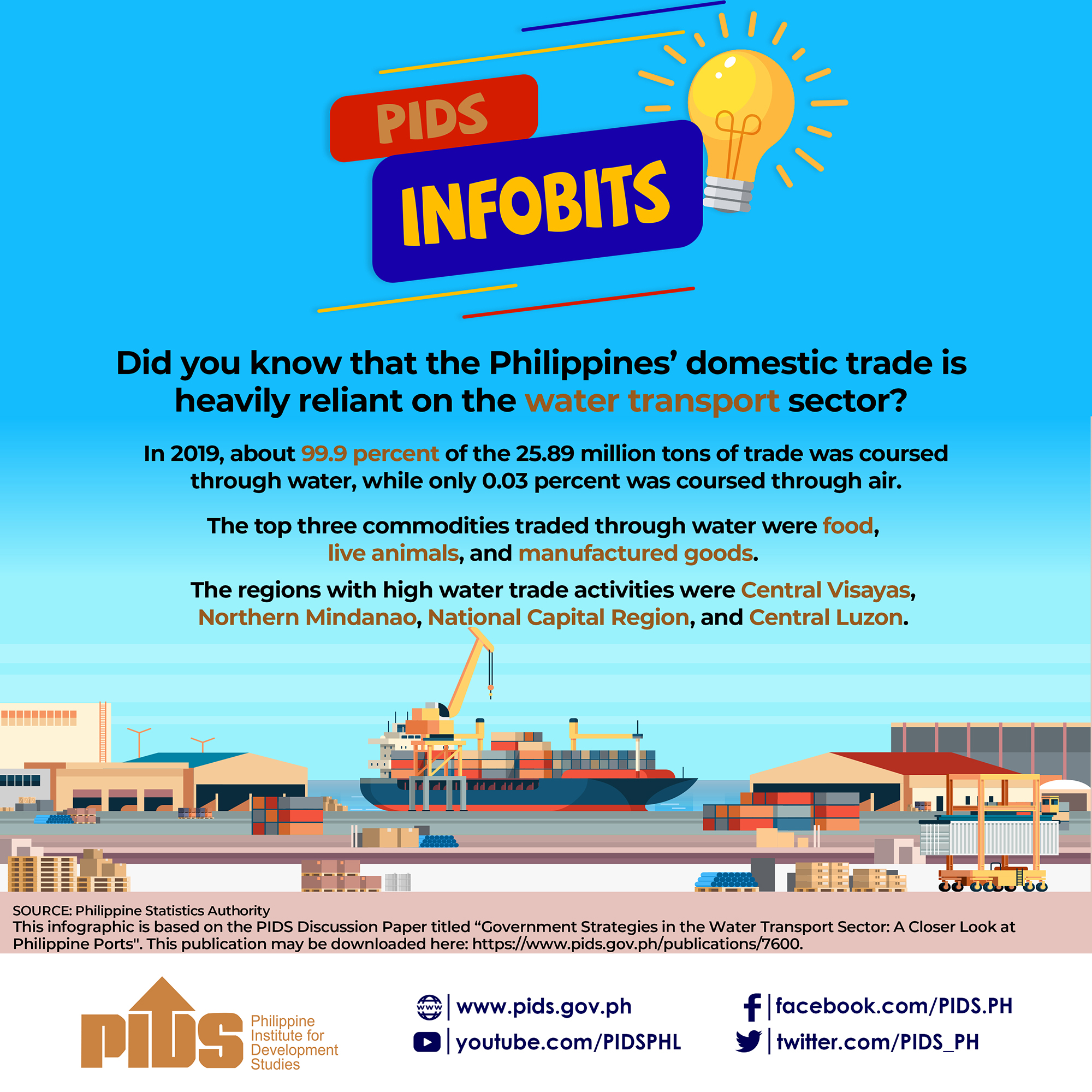THE Philippines stands to gain from an escalating China-US trade war, with the possible redirection of trade favoring Southeast Asian economies.
Asian Development Bank (ADB) statistician, Manhinthan Joseph Mariasingham said during the development forum “Global Economic Environment: A Symposium on the Global Economy and What It Means for the Philippines” that negative effects of the US-China trade war can be offset by the potential redirection of trade, benefiting the Philippines in the medium to long term.
“Philippine manufacturing could see a boost of 0.2-0.7%, primarily in electronics…[assuming] the Philippine economy is able to attract more trade from tariff-affected economies,” he said.
He said Malaysia, Vietnam and Taiwan are well-positioned to absorb excess demand.
“[These] countries have infrastructure to absorb the excess demand that would arise as result of tariffs [imposed in China]… mainly in the electronics sector,” Mr. Mariasingham said.
Meanwhile, he said that although the US-China trade war has very little impact on the Philippines’ trade in commodities, “services will be affected negatively because the sector is highly dependent on economic performance of other countries, especially those highly linked to globalization or global value chains (GVCs).”
Mr. Mariasingham noted that even without the US-China trade conflict, companies will move out of China because it is losing its competitive advantage as a major manufacturing hub for GVCs.
Kristy Tsun-Tzu Hsu, Director at the Chung-Hua Institute for Economic Research (CIER), concurred, and expects the US-China trade conflict to continue to escalate.
“Taiwanese companies with customers in the US (operating in China) will look for other countries to operate in,” she said during the same forum, organized by the Philippine Institute for Development Studies (PIDS).
In its survey of listed companies on the Taiwan stock exchange in December, CIER found that more than 60% of the companies which have operations in China will or are already planning to invest in other countries, 40% are considering investing back in Taiwan while 65% will consider other destinations in Southeast Asia.
“Most Taiwanese companies believe that the US-China rivalry and trade conflicts will escalate in the future, no matter whether US and China will reach a trade deal or not. China’s changing environment also makes it less competitive for export-oriented operations in central industrial sectors,” she said.
“The relocation of manufacturing operations may lead to the decentralization of China-centered supply chains, and the [emergence] of new ‘Asian Factories,’” she added.
“In particular, some Taiwan electronic, footwear and textile companies have already expressed their interest in setting up shop in the Philippines,” she said.
CIER’s Ms. Hsu said the the Philippines is one of the six priority countries Taiwan will partner with under its New Southbound Policy — a foreign investment policy adopted in 2016.
“Taiwan and Philippines have built closer business and people-to-people ties in the past few years. The two should work together to make the most of the current changing international economic environment and promote supply chain collaboration,” she said.
Currently, the Philippines has a unique relationship with Taiwan, Ms. Hsu said, as “Philippine workers have become the most important workforce in Taiwan’s technology industry,” she said.
Meanwhile, trade protectionism seem to be on the rise globally, not only between US and China.
The Foreign Service Institute’s (FSI) foreign affairs research specialist Jovito Jose P. Katigbak said at the forum: “Asia is [gearing] towards liberalization while countries on the other side of the globe are becoming protectionist, bringing jobs back to their countries and restraining future trade agreements.”
Mr. Katigbak said that free trade agreements (FTAs) are becoming the “new normal” as negotiations under the World Trade Organization are “deadlocked.”
With the rise in protectionism among developed economies as well as the trade disruptions brought by the US-China conflict, Mr. Katigbak said that the Philippines stands to gain in the Regional Comprehensive Economic Partnership (RCEP).
“The RCEP has an overall positive impact on the country within the period 2017-2023, [particularly in] major industries such as construction, transport and machinery equipment, and services,” he said.
Meanwhile, “rice and textile industries will experience contraction during the 10-year period,” he added.

